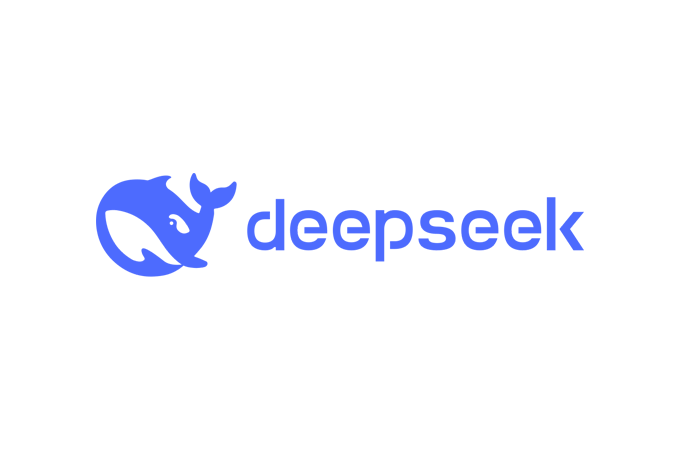March 24, 2025 – Chinese AI powerhouse DeepSeek has just rolled out an upgraded version of its DeepSeek V3 model, surprising the tech world with a beefy update instead of the anticipated R2 or V4 releases. Boasting 685 billion parameters, this open-source marvel is making waves for its boosted programming and math skills, positioning it as a serious contender against heavyweights like OpenAI’s GPT-4o. Here’s what you need to know about this AI titan, its real-world uses, and how to get started with it.
What’s New with DeepSeek V3?
DeepSeek V3 isn’t your average AI update. Built on a Mixture-of-Experts (MoE) framework, it packs 671 billion parameters but smartly activates only 37 billion per task, slashing computational costs while delivering top-tier performance. The latest tweak bumps the parameter count to 685 billion, with enhanced capabilities in coding and complex problem-solving. Trained on a staggering 14.8 trillion tokens, it leverages cutting-edge tech like Multi-head Latent Attention (MLA) and DeepSeekMoE to crush benchmarks and rival proprietary models—all while staying free and accessible on open-source platforms.
This isn’t just a flex for DeepSeek; it’s a signal that China’s AI game is heating up, challenging Silicon Valley’s dominance with cost-effective, high-powered solutions.
Where Can It Shine?
DeepSeek V3’s versatility makes it a Swiss Army knife for various fields:
- Coding Boost: Developers can lean on it to write, debug, or optimize code faster than ever—think of it as a super-smart pair programmer.
- Education Edge: Teachers and students can use it to tackle tough math problems or generate learning materials on the fly.
- Content Creation: From drafting articles to scripting videos, it’s a time-saver for media pros.
- Business Efficiency: Companies can integrate it into workflows to automate customer service, data analysis, or even pet care solutions (yes, Tuya Smart’s already on it).
The open-source vibe means anyone—startups, educators, or hobbyists—can tap into this power without breaking the bank.
How to Use DeepSeek V3: A Quick Guide
Ready to dive in? Here’s a straightforward rundown to get you started:
- Access the Model:
- Head to DeepSeek’s official open-source hub (e.g., GitHub or their site) where the updated V3 is live as of March 24, 2025.
- Download the model files or use their API for cloud access—your call based on your setup.
- Set Up Your Environment:
- You’ll need a decent machine (think GPU-enabled for best results) and Python installed.
- Install dependencies like PyTorch or TensorFlow—check DeepSeek’s docs for the exact list.
- Via API (Easiest Route):
- Sign up on DeepSeek’s platform, grab an API key, and top up credits if needed.
- Sample endpoint: https://api.deepseek.com/v3 (confirm the latest URL in their docs).
- Send a request like this:
curl -X POST https://api.deepseek.com/v3 \ -H "Authorization: Bearer YOUR_API_KEY" \ -d '{"prompt": "Solve x^2 + 5x + 6 = 0", "max_tokens": 100}'
Expect a clean response with the solution: “x = -2 or x = -3.”
- Local Deployment (For Pros):
- Clone the repo, load the model weights, and run it with a script like:
pythonfrom deepseek_v3 import DeepSeekModel model = DeepSeekModel.load("path/to/v3") output = model.generate("Write a Python function to sort a list") print(output) - Tweak settings like temperature for creativity or precision.
- Clone the repo, load the model weights, and run it with a script like:
- Integrate It:
- Plug it into tools like Discord bots (e.g., Geneplore AI) or apps like Cline for free usage, as noted by X users.
Pro Tip: Stick to V3 for speed—R1’s reasoning chops are great but sluggish for quick tasks.
Why It Matters
DeepSeek V3’s arrival isn’t just a tech upgrade; it’s a bold move in the global AI race. With a more relaxed open-source license and jaw-dropping efficiency, it’s poised to shake up how we work, learn, and create. Whether you’re a coder, educator, or entrepreneur, this is one tool worth testing out.
For the latest updates, keep an eye on DeepSeek’s official channels. The AI landscape just got a lot more interesting.

